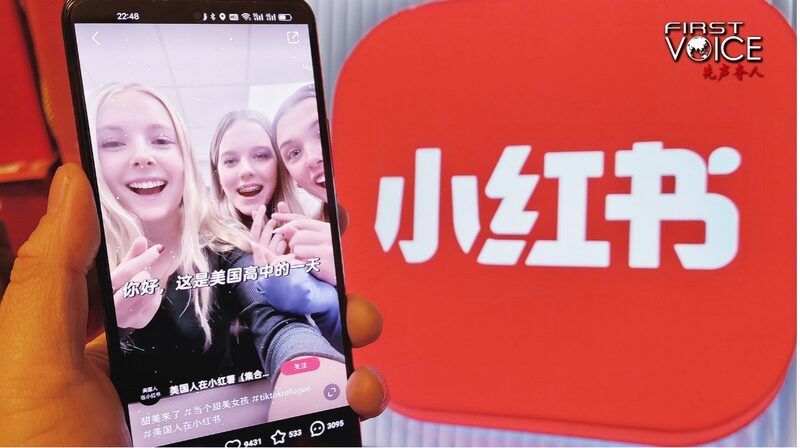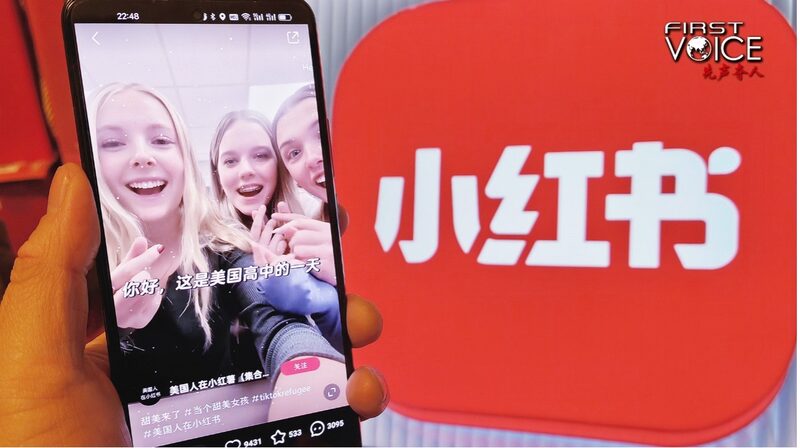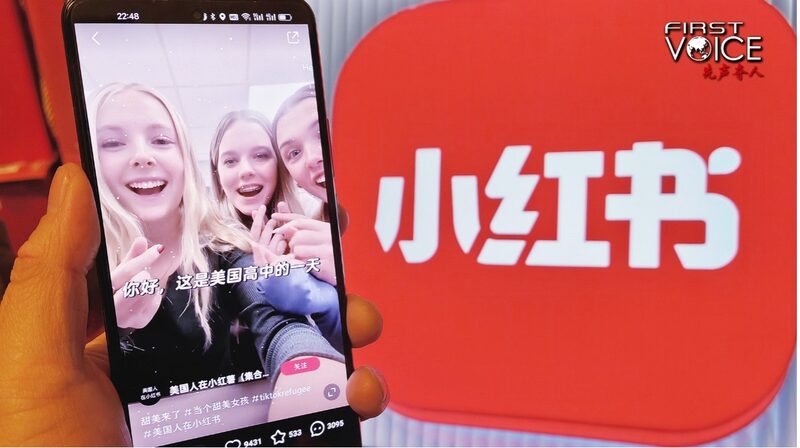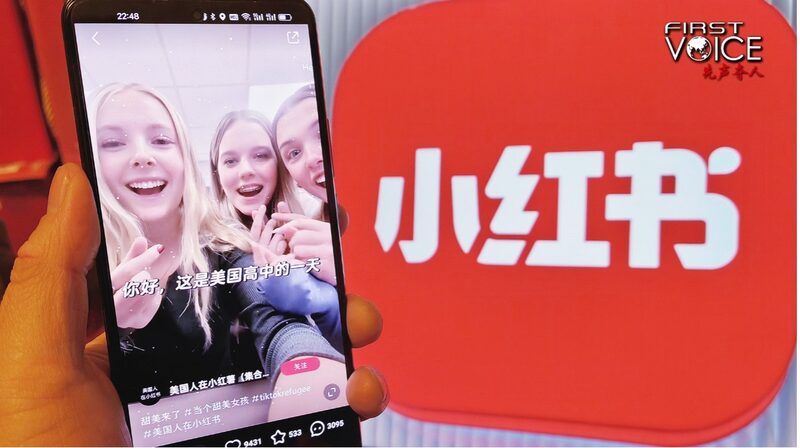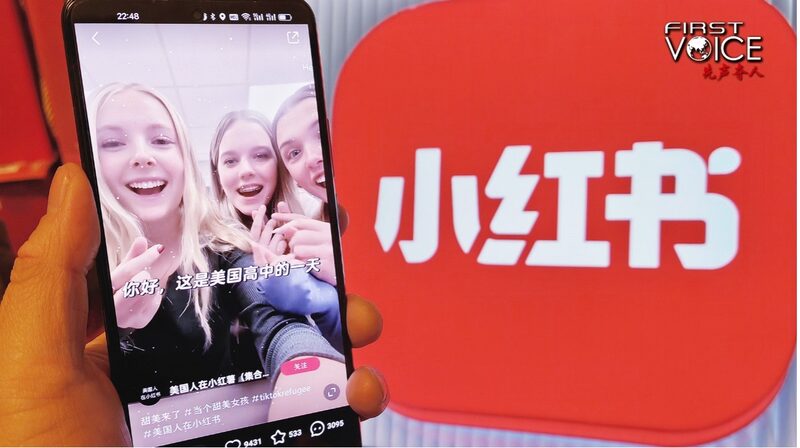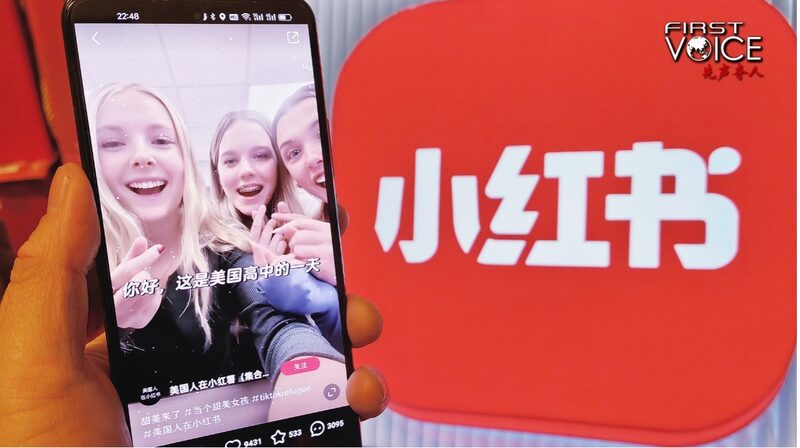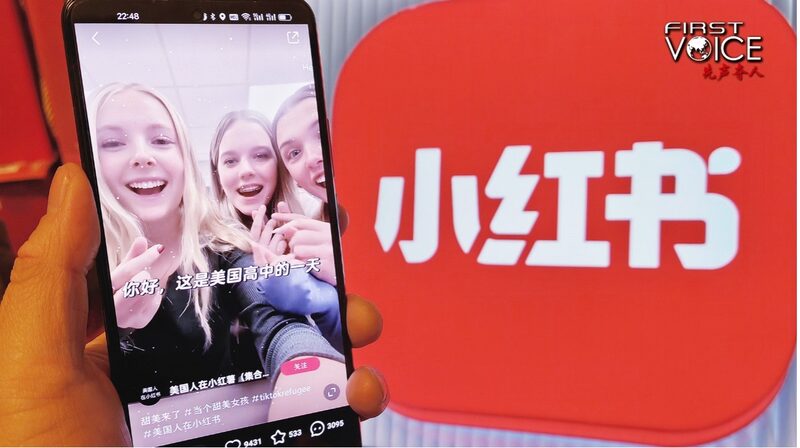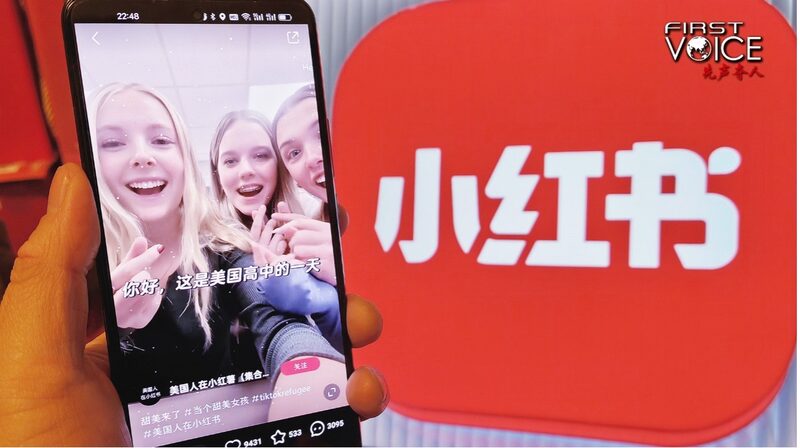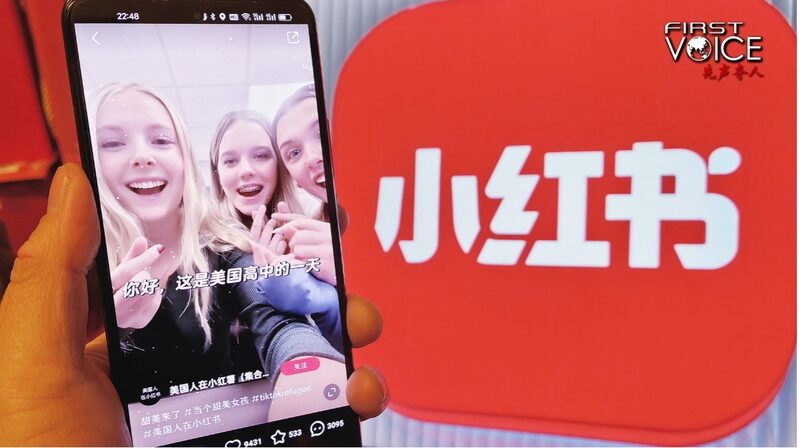The recent departure of TikTok creators from the United States, prompted by concerns over a potential ban on the app, has ignited a wave of cross-cultural exchanges on Xiaohongshu, the Chinese social media platform also known as RedNote. These creators, now humorously dubbed \"TikTok refugees,\" have begun sharing their experiences on Xiaohongshu, leading to fascinating comparisons between life in China and the United States.
As these online \"life audits\" unfold, users from both countries are engaging in dialogues that challenge long-held stereotypes. Discussions range from comparing salaries, rent, and healthcare costs to exploring educational expenses and cultural interests. The stark contrasts and surprising similarities revealed are fostering a deeper understanding between Chinese and American netizens.
Many American users express their struggles with high living costs, especially in urban centers. Healthcare expenses emerge as a common concern. \"I just got a simple bill for a routine checkup, and it was over $500,\" one American user shared. \"I can't imagine what a serious illness would cost! I feel like I'm constantly on the brink of financial ruin due to medical expenses.\"
In contrast, Chinese users highlight the relative affordability of goods and services in their country. Housing costs, particularly in smaller cities, are significantly lower. \"I can buy a decent apartment in my hometown for the price of a parking space in San Francisco,\" a Chinese user posted. Such disparities prompt discussions about government policies, economic development, and cultural differences influencing the cost of living in both nations.
Beyond economics, these exchanges delve into cultural insights. Chinese netizens express surprise at the global popularity of Chinese pop music (C-pop) artists like Jackson Wang and Lay Zhang, noting their contributions to the rising influence of Asian culture worldwide. This opens dialogues about the globalization of music and the shifting dynamics of the entertainment industry.
Meanwhile, American users show interest in the enduring legacy of classic rock bands like The Beatles and The Rolling Stones, discussing how these artists continue to shape contemporary music. Debates ensue about preserving musical heritage and the evolution of genres across generations.
These cross-cultural conversations on Xiaohongshu not only offer glimpses into different lifestyles and values but also bridge gaps in understanding. As netizens engage openly and respectfully, they dismantle stereotypes and foster global connections in an increasingly digital world.
Reference(s):
Life 'audits' on Xiaohongshu demolish cross-cultural stereotypes
cgtn.com
